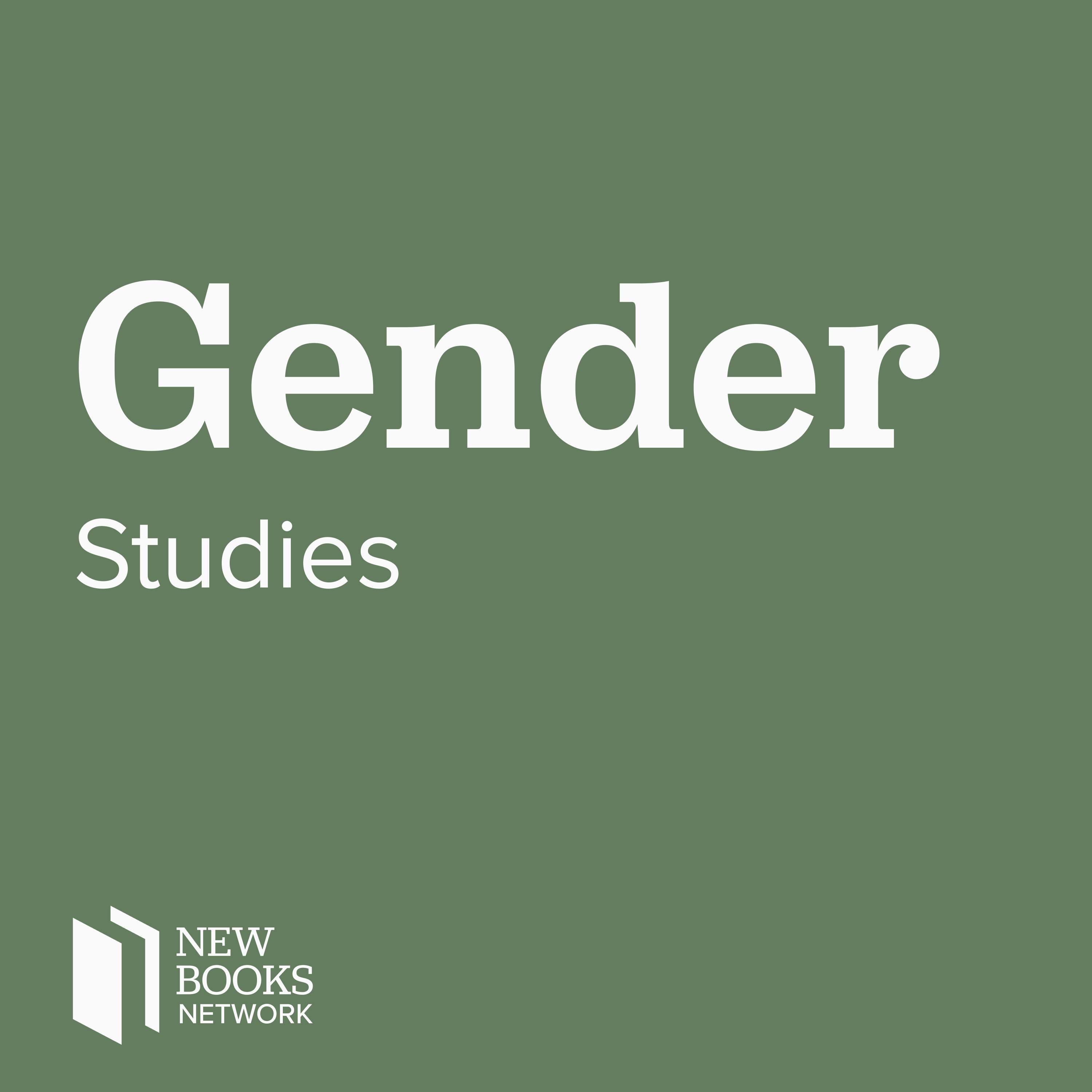Why are there more women in parliament than ever before, and does it matter?

Why do some countries do better than others in advancing women as political leaders and in promoting women\u2019s rights? And what difference does this make to women\u2019s everyday lives? In this episode CEDAR\u2019s Nic Cheeseman talks to Aili Mari Tripp, a world leading researcher of women\u2019s movements, who explains why there are more women in parliament than ever before, and the role that gender quotas have played in this trend. We also discuss why some authoritarian governments gone to greater lengths to promote women\u2019s representation than their democratic counterparts, and whether this is simply a PR exercise or reflects a deeper commitment to equality.\nAili Mari Tripp\xa0is the Vilas Research Professor of Political Science at the University of Wisconsin-Madison and one of the world\u2019s leading researchers on women\u2019s movements and political representation. She has written seven books and co-edited seven more, many of which have won awards, and all of which have demonstrated the complexities of women\u2019s struggle for equality, especially in sub-Saharan Africa. Her most recent work focusses on women\u2019s representation under authoritarian rule.\nNic Cheeseman\xa0is the Professor of Democracy and International Development at the University of Birmingham and Founding Director of CEDAR.\nThe People, Power, Politics podcast brings you the latest insights into the factors that are shaping and re-shaping our political world. It is brought to you by\xa0the Centre for Elections, Democracy, Accountability and Representation\xa0(CEDAR) based at the University of Birmingham, United Kingdom. Join us to better understand the factors that promote and undermine democratic government around the world and follow us on Twitter at @CEDAR_Bham!\nLearn more about your ad choices. Visit megaphone.fm/adchoices\nSupport our show by becoming a premium member! https://newbooksnetwork.supportingcast.fm/gender-studies